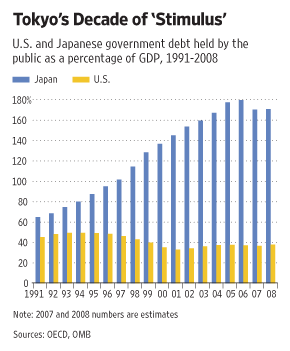With the China currency question once again in the news, I’m reposting my Wall Street Journal article from early 2009. (For a much longer treatment, see this paper.)
THE WALL STREET JOURNAL / January 26, 2009
Geithner Is Exactly Wrong on China Trade
The dollar-yuan link has been a great boon to world prosperity
by BRET SWANSON
Treasury Secretary-designate Tim Geithner’s charge that China “manipulates” its currency proves only one thing. Three decades after Deng Xiaoping’s capitalist rise, America’s misunderstanding of China remains a key source of our own crisis and socialist tilt.
The new consensus is that America failed to react to the building trade deficit with China and the global “savings glut,” which fueled our housing boom. A “passive” America allowed China to steal jobs from the U.S. while Americans binged with undervalued Chinese funny money.
This diagnosis is backwards. America did not underreact to the supposed Chinese threat. It overreacted. The problem wasn’t “global imbalances” but a purposeful dollar imbalance. Our weak-dollar policy, intended to pump up U.S. manufacturing and close the trade gap, backfired. Currency chaos led to a $30 trillion global crash, an energy shock, bank and auto failures, and possibly a new big government era. For globalization and American innovation to survive, we must first understand the Chinese story and our own monetary mistakes.
We’ve heard the refrain: China’s rapid growth was a mirage. China was stealing wealth by “manipulating” its currency. But in fact China’s rise was based on dramatic decentralization and sound money. (more…)


